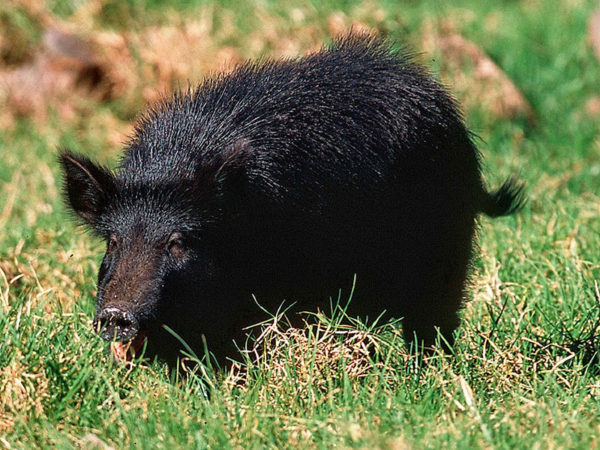There is no doubt about the fact feral hog populations are growing rapidly across the U.S. Based on the number of questions I get while speaking at a deer hunting seminars feral hogs are now found on many hunting clubs and farmlands throughout the country. While wild hogs can be a fun critter to hunt, there are some cautions that need to be understood.
First, feral hogs are opportunists and will eat just about anything. They are extremely competitive with game animals. If deer, wild turkey, quail, rabbits, etc. are the animals you want to have on your property then hogs are not what you want.
Second, feral hogs can carry diseases that can be transmitted to man. This report comes to us from the University of North Carolina Cooperative Extension Service and emphasizes the need to wear latex gloves when dressing wild hogs.
A 27 year old hunter field-dressed and quartered several whitetail deer and feral hogs after a successful hunt at his deer camp. He was unaware that a wild hog he was cleaning was infected with a bacteria that causes Brucellosis, and that he could contract this and other diseases simply by touching the contaminated meat. Since he was not wearing latex gloves, a nick or briar scratch on his hands or arms would provide enough of a cut for infection to result.

